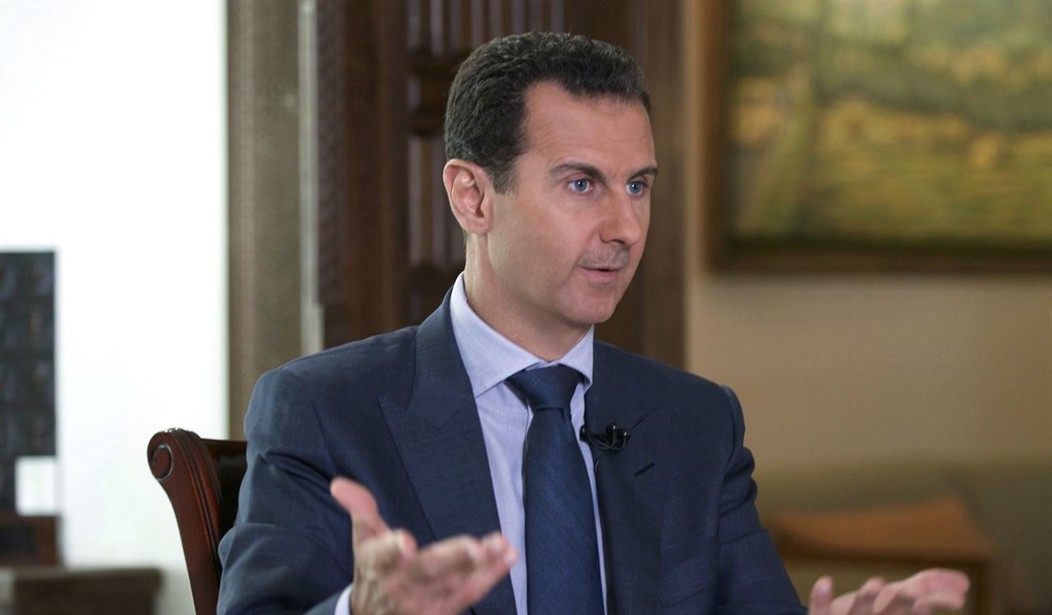All credit to Trump for staving off a new atrocity. But I don’t understand why an explicit warning changed Assad’s mind about a new chemical attack given that he’s been bombed for it once before. He learned the hard way that the Trump White House is willing to punch him in the face for gassing people. No warning necessary, you would think.
But it worked, apparently. How come?
“They didn’t do it,” Mattis told reporters on his plane as they flew from Germany to Belgium. “It appears they took the warning seriously.”
Mattis would not confirm or discuss on-the-record statements by a Pentagon spokesman that the U.S. had observed the movement of chemical munitions at the Shayrat airfield, the same airfield from which a Syrian warplane dropped deadly sarin nerve gas on civilians April 4. Navy warships launched a cruise missile attack on the air base later that week, which destroyed several aircraft.
Nikki Haley went further, saying, “I would like to think that the president saved many innocent men, women, and children.” Again, though, why would a warning have given Assad pause after he’d already ordered preparations for a new attack, knowing how the U.S. might respond? One possibility is that he thought Trump’s strike in April was a one-off which he wouldn’t risk repeating. That was designed to make a statement about the new president’s willingness to project power abroad, Assad may have calculated. Having made that statement, and fearful of being drawn deeper into Syria’s war, the White House might look the other way at a second gas attack. And if they did, Assad would have a propaganda bonanza, having defied another American president’s threats and lived to tell the tale. Once the White House issued a formal warning this week, though, he knew he’d miscalculated: Now, if Assad dropped sarin again, Trump would have no choice but to save face publicly by hitting him again. So the regime backed off.
That’s probably what happened, but one thing gives me pause. After April’s U.S. attack, Assad denied that his forces had been the ones that used sarin. Instead, he claimed, he’d been framed — America’s rebel allies were to blame for the gassing and the White House was giving them cover by trying to pin it on the regime. If Assad is invested in that narrative, that his war crimes are actually a false-flag operation masterminded by the United States, Trump’s warning gave him a golden opportunity to “prove” it. He could have followed through on the gassing this week and then pointed to the fact that the White House knew it was coming as evidence that they, not he, were the guilty parties. He ended up deciding against that, I assume, because he feared the next U.S. reprisal for using chemical weapons would be harsher than just a pinprick strike on a Syrian airfield. Maybe it was communicated to him somehow that that next American cruise missile would be aimed at the presidential palace in Damascus.
If I had to bet, though, I’d bet that the real warning was conveyed to Russia and Iran, not to Assad, that there would be consequences if their puppet didn’t back off. For Russia, the consequences might be the end of any hope of U.S. sanctions being lifted. For Iran, given the number of Iran hawks surrounding Trump in his inner circle, the consequences might have been … graver. I bet we’ll hear more soon about what sort of pressure the White House used to make Assad think twice.








Join the conversation as a VIP Member